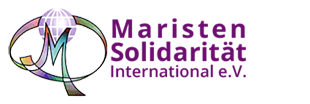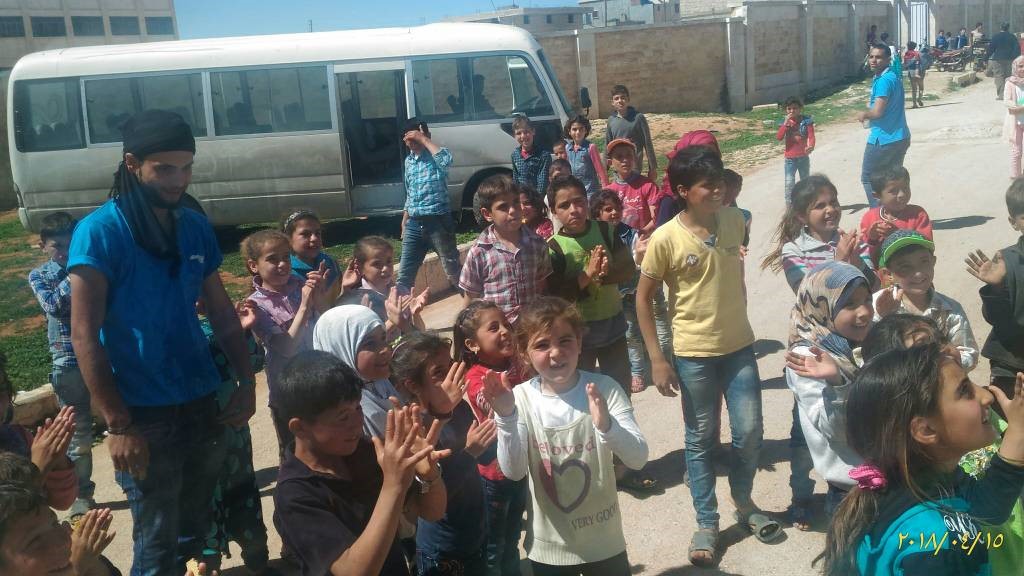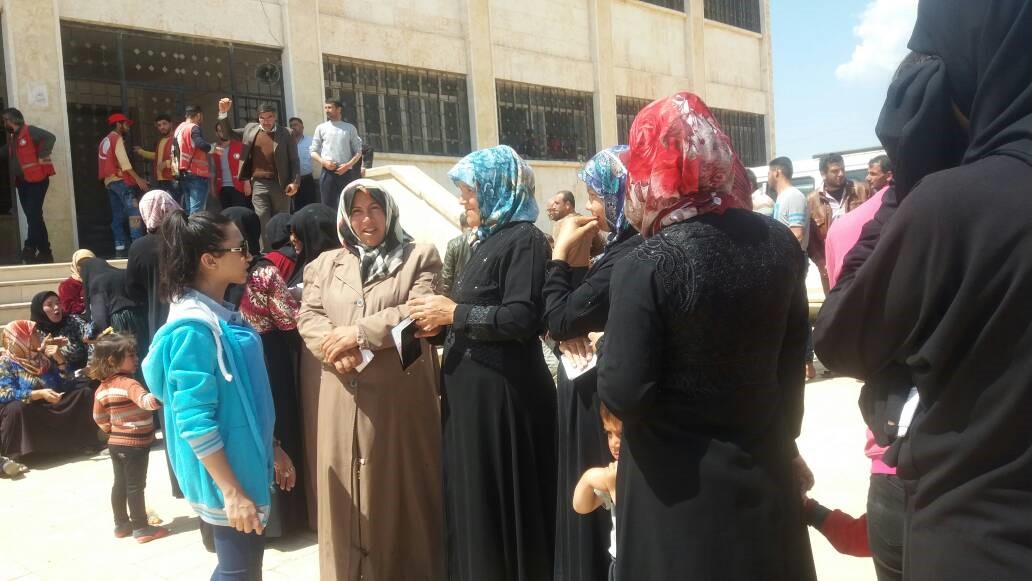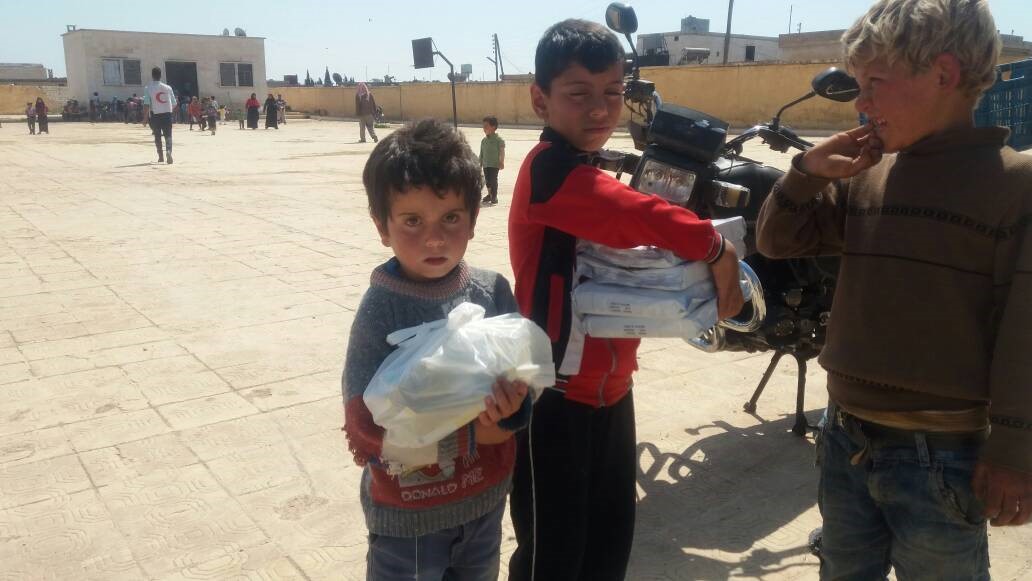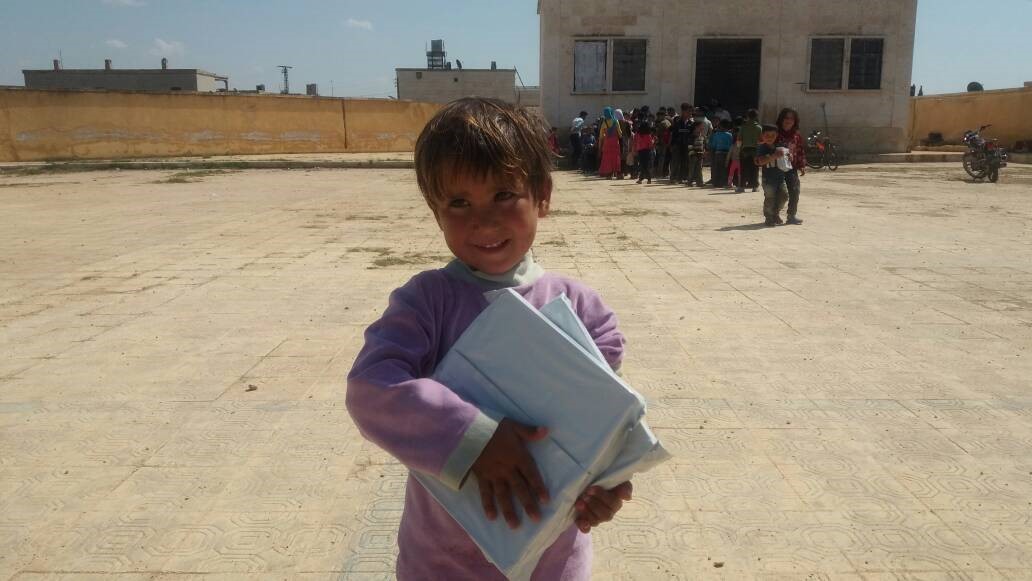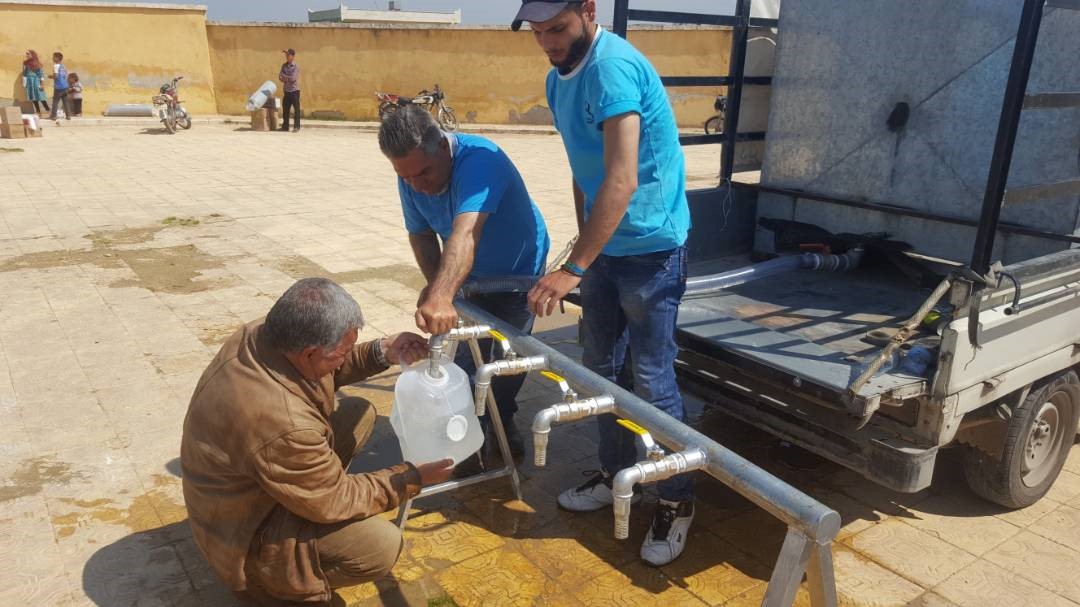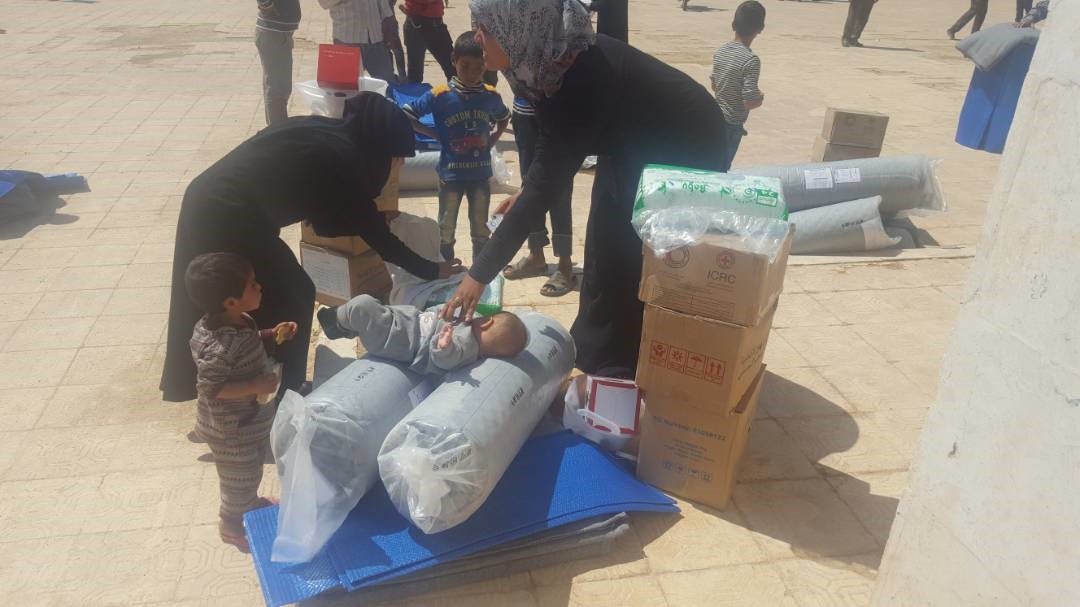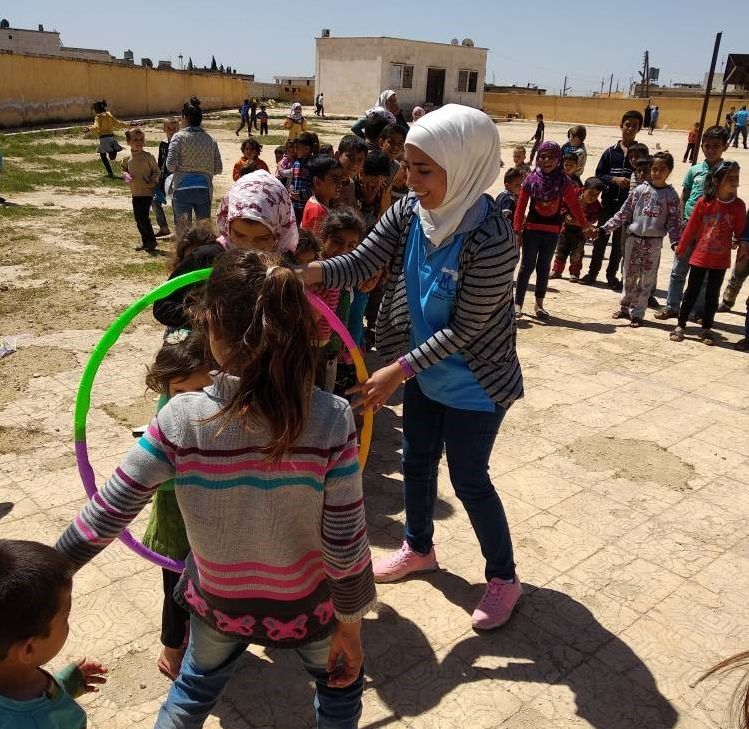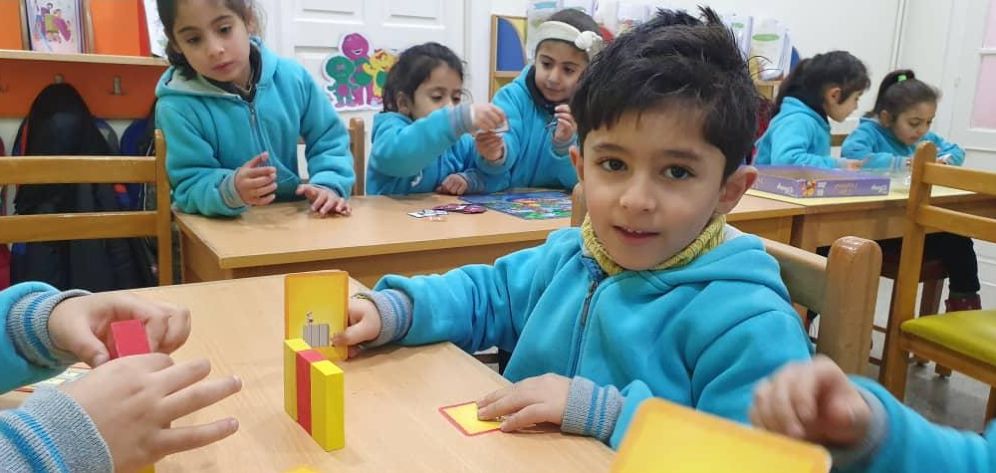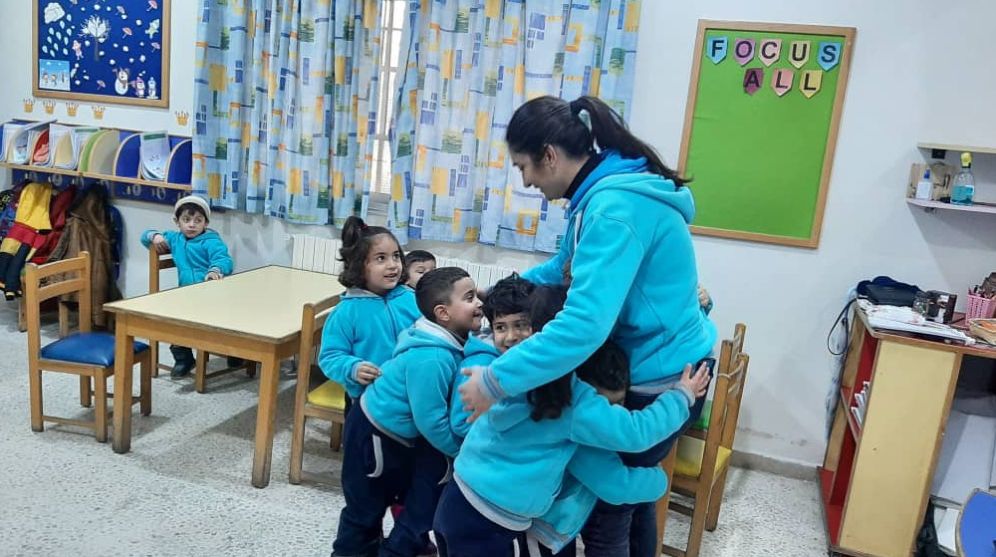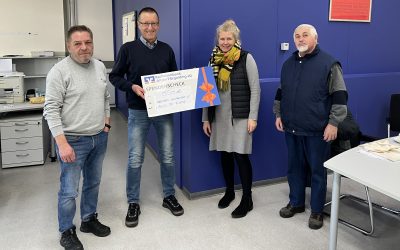Syria: Blue Marists maintain basic services
In Aleppo, the Blue Marists, a group of three brothers and about 50 lay people, maintain several educational institutions and provide basic supplies of food, water and electricity every day at great risk – a basic human right. How they manage this at all borders on heroism.
We hope for your support for these helpers of the needy!
In December 2021, our team donated € 5,000 to the Blue Marists.
This amount was used to buy trousers, jumpers, underwear and shoes for the children of the two educational projects.
The project “I learn to grow” takes care of 80 children aged 3 to 6 who come from very poor backgrounds. The project “I want to learn” cares for 120 children from displaced families.
Two pairs of trousers, a jumper, socks and underwear as well as shoes could be distributed to each of these children.
Dr Nabil Antaki of the Blue Marists expresses his gratitude for this support with a heartfelt “Vergelt’s Gott”.
Letter from Aleppo No. 47 – ENOUGH! (Khalas!)
ENOUGH! (Khalas!)
Letter from Aleppo N. 47 – 22 October 2023
Dear Friends,
You are receiving this letter at an absolutely critical time for the Middle East region. For the past two weeks, we have been witnessing an incredible outbreak of violence, violence that threatens to spread. Many of our friends abroad are asking us: “What is the impact of this war on your daily life in Aleppo?” What can we say? Once again, at dawn today, Aleppo airport and Damascus airport were bombed again.
Enough is enough! Haven’t we been attacked, threatened and terrified enough? How long will all this go on for? This week, at the invitation of the Latin Patriarch, we held a day of prayer and fasting for peace. We, the Blue Marists, took part in this day by leading moments of reflection and prayer. During one of these gatherings to discuss the situation we are living through at the moment and the percussions of the events in Gaza on our lives, a primary-school teacher said, “I seriously wonder why we have children if we are going to put them through what we are going through today”. Several others expressed their fatigue. Khalas! Enough!
Khalas is a way of saying enough is enough, basta! We have had enough, we don’t want to listen to the news anymore, we don’t want to watch any more scenes of violence, blood, death, explosions and destruction! We can’t take it anymore! The media rarely report situations truthfully and objectively! Another teacher gave an answer that revealed her state of mind: “I want there to be a world war and for it to be over. And for me to die if I have to!” On the question of how what we are going through might affect a decision to emigrate, the unanimous answer was a resounding yes. “We want to get out of the whole region!”
This picture gives a sample of the feelings of the entire population, which have lived through the war, Covid 19, economic sanctions, the earthquake and in the last few days this escalation of violence. At the moment, we are in a state of waiting and watching closely to see what happens in our region and in the whole country.
If we look at the regional situation, it is because it is not just regional, it touches on universal values and the most basic human rights. The world continues to have double standards. The victim is transformed into an executioner to be annihilated, wiped off the face of the earth, burned in the hell of the bombs, displaced on a massive scale.
How can we sow hope in a shattered society, a society that is becoming even poorer? A society that is struggling to survive, a society that no longer has the strength to stand up?
On 15 September, I wrote in my logbook: “It’s 6 am ….
I don’t know why but I couldn’t sleep well that night. A lot of images were running through my mind, the people and situations I have encountered since we resumed operations on 4 September. My thoughts went out to the elderly who were suffering the effects of the heatwave without any means that night, with no way to cool down. There is no electricity, barely two hours a day. Sanctions are in place. WE ARE BEING PUNISHED as if the climate was not enough, these sanctions are weighing on our daily lives.
We are being forced to cope with the galloping devaluation of our local currency. Everything is getting more expensive by the day. I am thinking of all the parents whose children are starting the new school year. School materials and school fees are so expensive that, for a single child, they represent more than half the parents’ annual salary! My thoughts also go out to the young people. Yes, all those young people who have only one idea in their heads: to leave the country and go anywhere, anyhow, the sooner the better. Hope and anxiety are the two dominant feelings. On the one hand, to study to get ahead in life and obtain a diploma, and on the other, what to do next? Try to leave the country or do compulsory military service?
Many young people say they are “lost”. They need psychological support to make a definitive decision. What to do? What advice should they be given? Where can they find the economic resources they need to emigrate or launch their own business? Young people in crisis, lost, looking for a future far away from war and misery. It is not at all easy. It is hard enough to get a passport, to say nothing of a visa?
In recent days, the media have shown us images of the flood of migrants arriving in Lampedusa. In one night, more than 7,000 people arrived on the shores of this island. Are we aware of this humanitarian emergency? The media held up the image of a policeman trying to calm a little girl as a symbol of humanitarian solidarity. How can we tell the “leaders” of this world that we are living on another planet? The planet of sanctions! It is inhuman, unforgivable and outrageous! We do not accept for the world to be indifferent. We refuse to be treated like wretched people. We want our dignity back as men and women living in this twenty-first century. We want to be reintegrated into the international community.
We Blue Marists are not giving up. We are doing everything we can to support the most disadvantaged. This year we welcomed more than 40 new children in our educational project “I want to learn”. The 120 children in the project come from underprivileged backgrounds and poverty verging on destitution. The teachers and aides benefited from several teacher training sessions during September. Since 2 October, the children’s voices, smiles and joy have filled the classrooms and playground.
“Seeds”, our psychological support project, has expanded, taking in more young children in the “Bamboo” programme and more women in the “Ghosn = Branch” programme, which is specially designed to provide psychological support for women. The “Shared Bread” project provides more than 250 elderly people with a hot meal every day. The number of beneficiaries over the age of 80 is growing all the time. As electricity is only available for two or three hours a day, we have installed batteries, LED lights and an inverter for all these elderly people so that they are not left in the dark after sunset and so television can break through their solitude. For bedridden and shut-in elderly people, we distribute a good supply of nappies.
Recently we organised an outing for all Shared Bread beneficiaries who could travel. It was an unforgettable day, filled with traditional songs, dances and memories. The kitchen volonteers had prepared a traditional meal (hrissé). Before leaving, someone said: “Today I was able to eat with a lot of joy because I was not alone for eating”.
In our last letter we wrote about the “Zelzal”, with its trail of destruction and fear, but the other side of the earthquake was the great generosity of friends and international organisations. Their help has enabled us to continue distributing a substantial food basket to 1100 families every month. After the earthquake, we launched a new aid project to purchase and distribute furniture and electrical appliances to families who had lost their belongings in the earthquake. When she received her “food basket”, one lady broke into tears: She explained that she had not had a drop of olive oil in her house for several days. It should be noted that the price of olive oil (essential for Orientals) has risen so much that it is no longer affordable for many families. As the days go by, we see the extreme poverty in which so many families find themselves. How long will we be able to meet the needs of the population 82% of whom live below the poverty line?
While modules 1 and 2 of the Vocational training project come to an end, we are preparing to launch two new modules at the same time. In each module, 20 young apprentices will spend two years learning a trade by working alongside a professional. We also continue to help young adults launch their own business through a micro-project programme. As with vocational training, they receive guidance and support.
The MIT training sessions are very popular. For a course with 24 students, we have a list of over 130 candidates. The Women’s Development programme offers 60 women in two groups two training session a week. Here too, as with all our projects, the waiting list is very long.
“Cut and Sew” held an open day celebration for all the women who have attended its sessions since the project began in 2017. More than one hundred women accepted the invitation and spent half a day together with fun competitions and moments of sharing.
The “Medical Aid” project is highly appreciated and valued in these difficult times. Every day, dozens of people receive support for treatment, surgery or medication. This help is becoming increasingly necessary in view of the staggering rise in the cost of medical care and medicines. We were able to distribute nappies for children. How many parents have asked us for help to their older children who have returned to night-time incontinence following the earthquake?
“A Drop of Milk” remains a very important project for children under the age of 8. For newborns, the monthly need for 6-8 cans of special infant milk costs more than the monthly salary of the parents. “Heartmade” is continuing and developing its business activities by increasing the number of its products in order to become self-financing. Twenty women have found work there making women’s clothes from leftover fabrics.
“Hope” continues to attract many people looking to learn English. All the beneficiaries show a great interest in learning English and in mastering the three levels offered by the project to improve their CVs (Curriculum vitae). The “Rent” project continues to support families who are finding it very difficult to pay their rent in view of the skyrocketing rates.
The “School Support” project helps the parents of children and young people to pay for their schooling or sessions in specialised centres. A twelve-year old boy accompanied by his mother came to ask for help to resume his studies explaining that one day he had to drop out of school to go to work and help his family when his father became seriously ill. We believe that so many others like him deserve a better future.
To conclude let us reflect together on the words of the Holy Father during his visit to Marseille on 23 September:
“Indeed, the real social evil is not so much the increase of problems but the decrease of care. Who nowadays becomes a neighbour to the young people left to themselves, who are easy prey for crime and prostitution? Who is taking care of them? Who is close to people who are enslaved by work that should make them freer? Who cares about the frightened families who are afraid of the future and of bringing children into the world? Who listens to the groaning of our isolated elderly brothers and sisters who, instead of being appreciated, are pushed aside under the false pretences of a supposedly dignified and “sweet” death that is “saltier” than the waters of the sea? Who thinks of the unborn children, rejected in the name of a false right to progress which is instead a retreat into the selfish needs of the individual? Today we see the tragedy of confusing children for animals. My secretary told me that he has passed through St Peter’s Square he saw some women carrying children in prams, but they were not children, they were dogs! This confusion tells us something ominous. Who looks with compassion beyond their own shores to hear the cry of pain rising from North Africa and the Middle East? How many people live immersed of violence and endure situations injustice and persecution!”
Dear friends,
With you, the women and men of good will, we do not want to just throw up our hands and give up.
You are our voice!
You speak for us!
You are our hope!
We are counting on you so that together we can change the world to make it more just, more dignified and more human.
Sunday, 22 October 2023
Brother Georges Sabé
Project report microprojects:
In 2018, the following project of the Blue Marists was funded with € 25,000 through the support of our association in close cooperation with the International Missionary Society in Rome (FMSI). The project objective was to focus on the expansion of the infrastructure and the creation of jobs. The following article describes the project and is an excerpt from the project report of the FMSI.
Initial situation:
The Blue Marists of Aleppo (Syria) strongly believe that human development contributes to the realisation of peace. The priority after so many years of war is to help people start their own businesses to be financially independent from humanitarian aid and live in dignity. In addition, we believe that creating jobs will help keep Christian families in Aleppo instead of migrating abroad. From this belief, a partnership proposal was submitted to FMSI in 2018 and a micro-project programme was launched to motivate and empower people to start new businesses and finance them in terms of feasibility, profitability, sustainability and job creation.
Implementation:
Candidates underwent training to assess whether they were serious, willing to learn and able to implement a project. Those selected then attended a workshop on how to start their own business. The workshops were led by Aleppo’s best trainers. At the end of the workshop, the budding entrepreneurs presented their projects to a jury composed of trainers and members of the Marist Institute for Training (MIT). The projects were corrected, advised, selected and fully funded. The projects carried out will continue to be monitored by mentors to ensure that the project objectives are achieved in the long term.
Execution:
The following projects were selected and funded in collaboration with FMSI:
– Making and selling clothes and jeans
– Setting up a supermarket
– Production and sale of food and drinks
– Electrical installation and maintenance
– Sale of car accessories
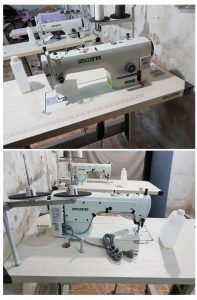
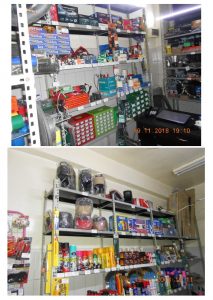
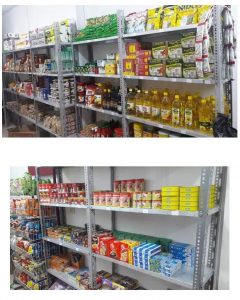
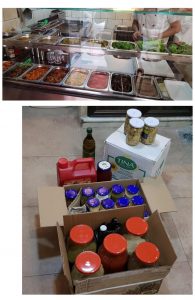
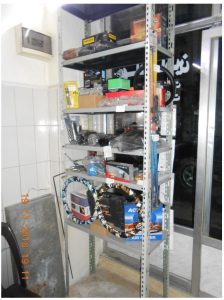
Thank you!
On behalf of the Blue Marists and the beneficiaries of the grant, I would like to thank the FMSI and Maristen Solidarität International in Germany for their generous support. The micro-projects programme is still ongoing because we firmly believe that among the 14 Blue Marist projects, it is the most important for the future of the people and Christian families in Aleppo and Syria. And we still urgently need funds and support. To all donors and supporters, our sincere thanks!
Dr Nabil Antaki, on behalf of the Blue Marists.
(Aleppo, December 2018).
- Project progress
I support this project
BDS Bavaria, Furth chapter donates to Marists
(from left) Josef Schmid, Peter Dierl, Anja Spies, Brother Andreas KruppThe association Maristen Solidarität International (MSI) was pleased to receive a generous donation from the Association of Self-Employed Bavarians, Furth chapter. The chairman of the Furth...
